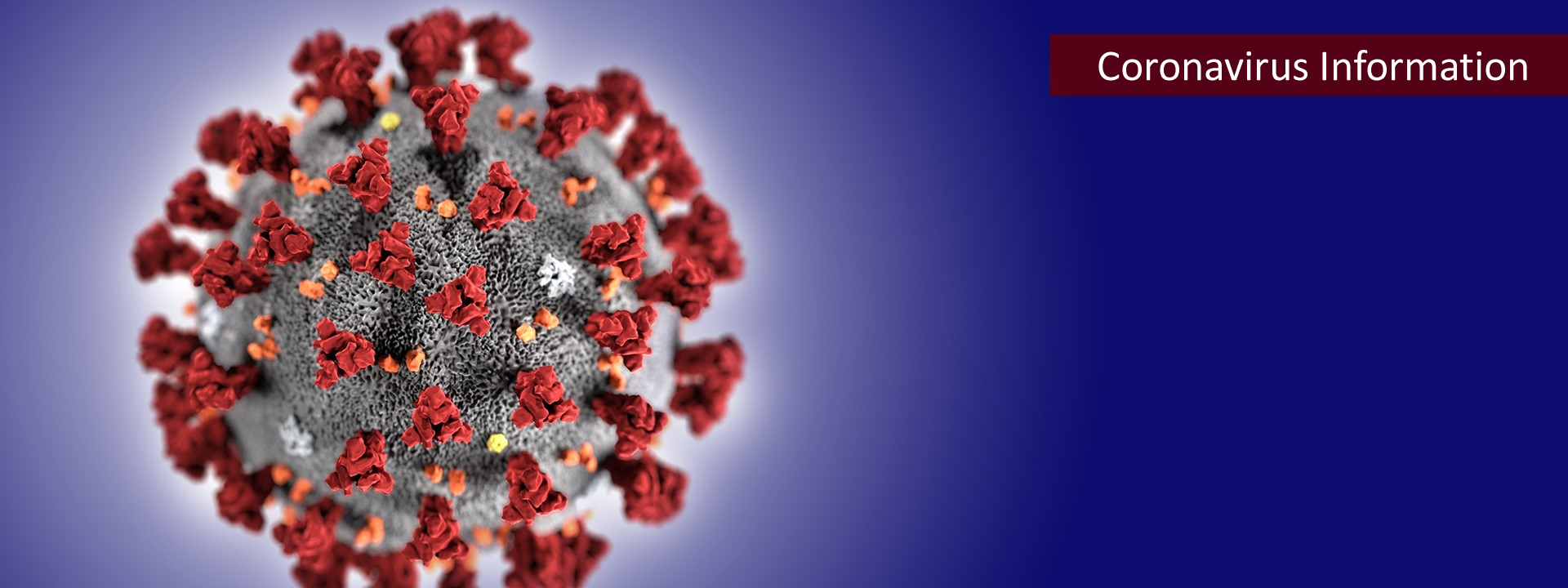Prevention Tips
COVID-19
How is the Virus Spread?
Current symptoms reported for patients with COVID-19 have included mild to severe respiratory illness with fever, cough and difficulty breathing. Read about COVID-19 symptoms.
Coronavirus is thought to spread mainly from person to person between people who are in close contact (within about 6 feet). The virus spreads via respiratory droplets produced when an infected person coughs or sneezes and their droplets either land in the mouths or noses of nearby people or are inhaled into their lungs. It may be possible that a person can get COVID-19 by touching a surface that has the virus on it and touching their mouth or eyes before washing their hands, but this is not thought to be the main way the virus spreads. For more information, see the CDC page, How it Spreads .

Steps You Can Take to Remain Healthy
The best preventative steps for any communicable disease include simple but important measures to practice as part of your daily routine:
- Wash your hands often with soap and water for at least 20 seconds. Use an alcohol-based hand sanitizer that contains at least 60% alcohol if soap and water are not available.
- Avoid close contact with people who are sick.
- Avoid touching your eyes, nose, and mouth with unwashed hands.
- Avoid sharing anything that has come in contact with saliva, whether in your living or social environments.
- Get adequate sleep and eat well-balanced meals to ensure a healthy immune system.
- Additional information is available from the CDC.

Handwashing Tips TSU-Style
Can the university provide masks?
CDC recommends wearing cloth face coverings in public settings where other social distancing measures are difficult to maintain (e.g., grocery stores and pharmacies) especially in areas of significant community-based transmission.
Who is considered at high risk for COVID-19?
The Centers for Disease Control and Prevention (CDC) has released information that individuals who are older and/or who have severe chronic medical conditions — such as heart, lung, or kidney disease — appear to be at higher risk for more serious COVID-19 illness. They are advising this higher risk population to take heightened precautions: stay home, limit close contact (6 feet, 2 meters) in public places, and avoid crowds. When going to public places, people in this risk category should distance themselves from others who are sick, limit close contact with others, and wash their hands frequently.
What To Do If You Have COVID19 Symptoms
Details on how to get a free COVID19 test
TSU COVID19 App (Self-assessment & Contact tracing):
IOS
|
Android


